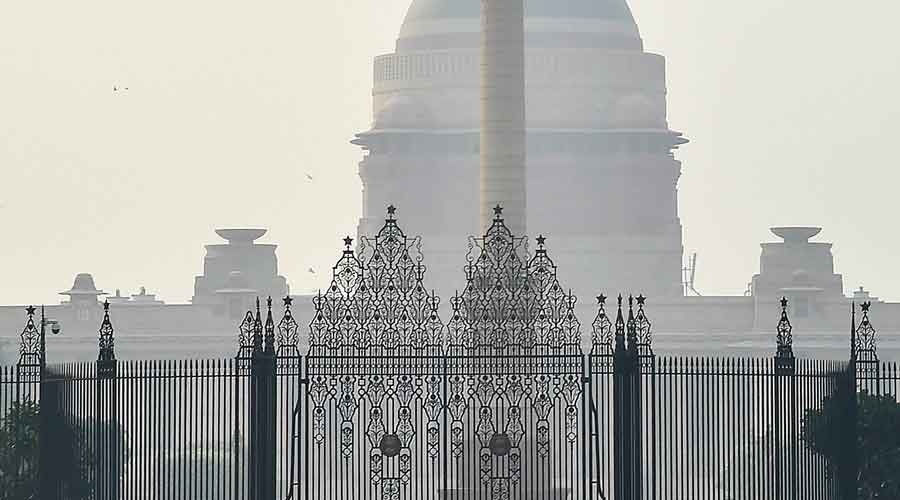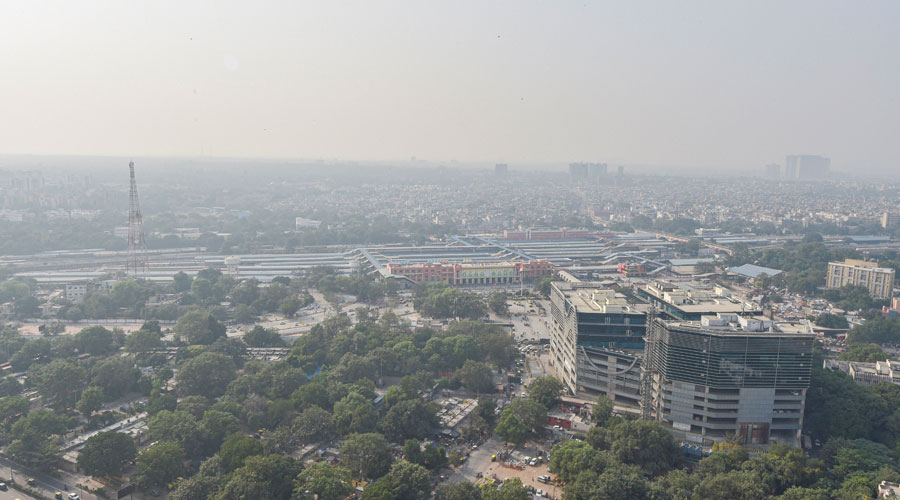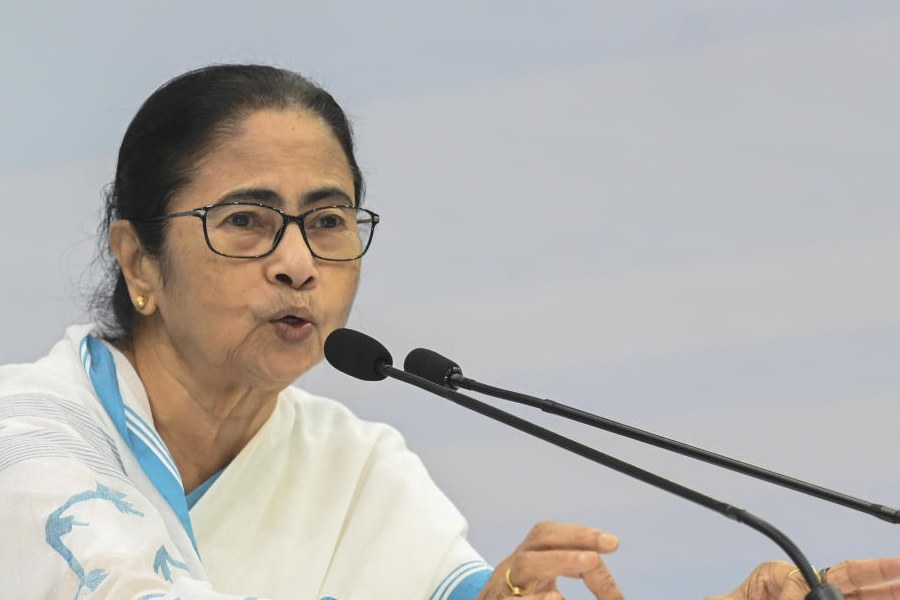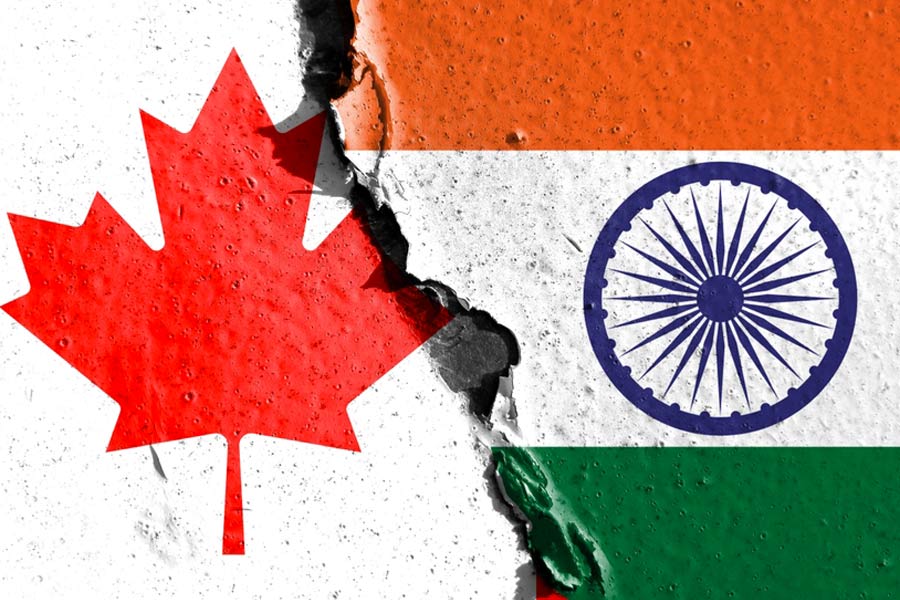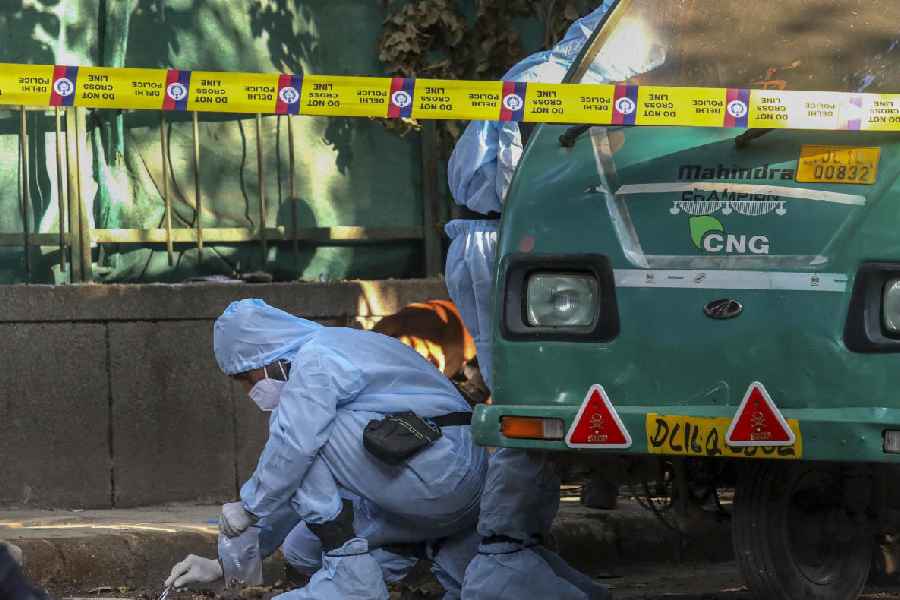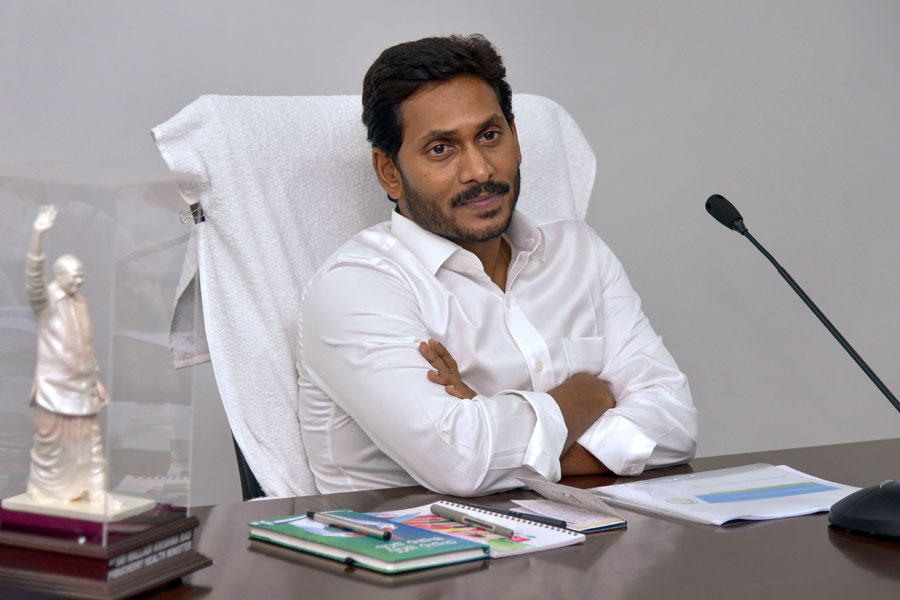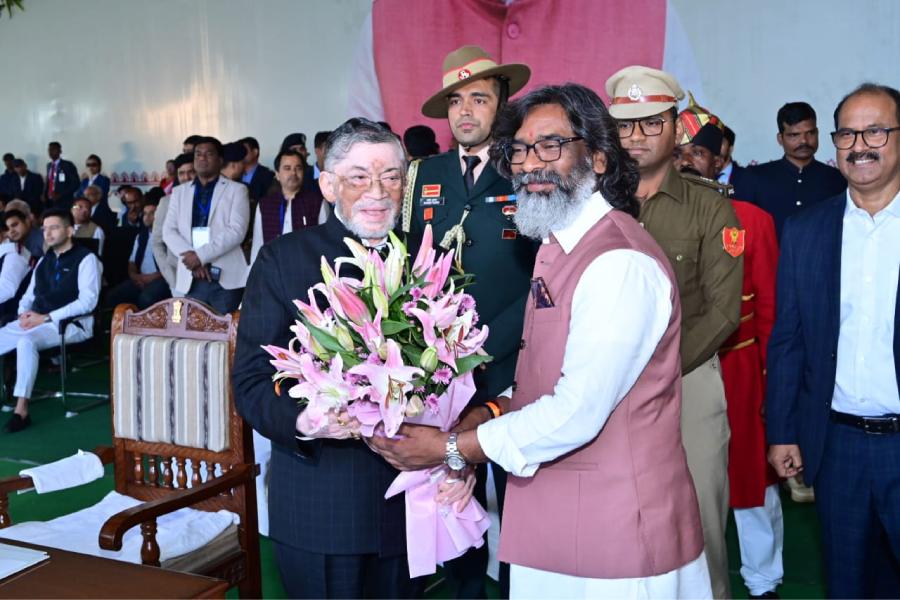The Supreme Court on Monday asked the Centre and the National Capital Region states to ensure their employees work from home and to consider a series of steps to combat air pollution.
The Centre was directed to convene an emergency meeting of the chief secretaries of Delhi, Uttar Pradesh, Punjab and Haryana to take immediate measures, including possibly the temporary closure of or restrictions on power plants, non-essential construction and vehicle movement.
Work from home, which gained acceptance during the worst weeks of the Covid-19 pandemic, has been suggested to reduce the use of public and private transport.
A special bench of Chief Justice N.V. Ramana and Justices D.Y. Chandrachud and Surya Kant issued the directives and adjourned the matter till Wednesday, by when a plan of action has to be formulated by the Centre for the court’s consideration.
The directives were passed after the Centre opposed any “drastic” measures, such as the two-day lockdown suggested by the bench on Saturday.
The Union government conceded that only 4 per cent of the pollution was attributable to stubble burning by farmers. Other factors like dust, industries and vehicles were cited as the main drivers of pollution.
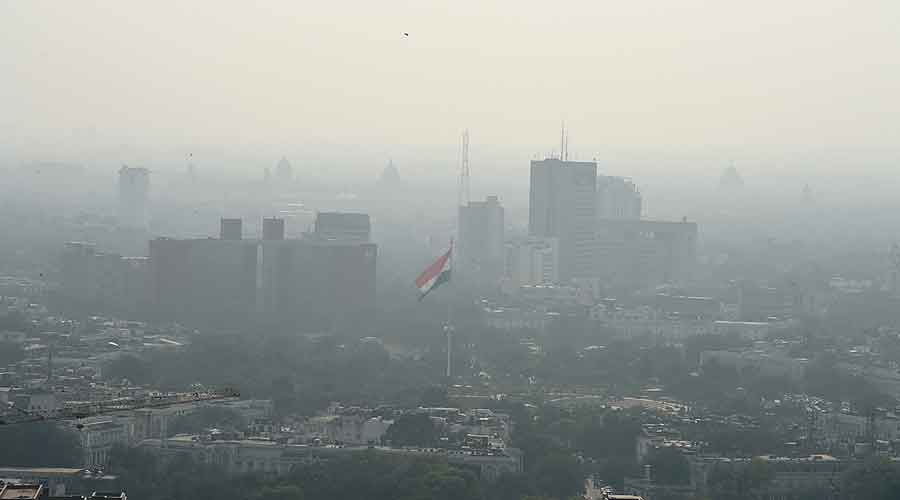
A view of the national capital shrouded in smog, on Saturday. PTI Photo
“In fact, the cat is out of the bag. The farmers’ stubble burning contributes to only four per cent of the pollution, as per the chart given to us by the Union government. So we are targeting something which is totally insignificant,” Justice Chandrachud said during the hearing.
Both the Centre and the Delhi government had been claiming that the present pollution owed to stubble burning.
The court asked Haryana and Punjab to persuade farmers to stop burning the crop stubble for two weeks.
“Please decide which industries can be stopped, which are the vehicles that can be prevented from plying and which power plants can be stopped and how you can provide alternative power by then,” Chief Justice Ramana told solicitor-general Tushar Mehta, appearing for the Union government, and senior advocate Rahul Mehra, counsel for the Arvind Kejriwal government in Delhi.
The Chief Justice made it clear that the court would not pass any specific directive on the list of industries or sectors that have to be closed or their activities restricted. It is for the governments concerned to take the requisite steps and inform the court for its appraisal.

